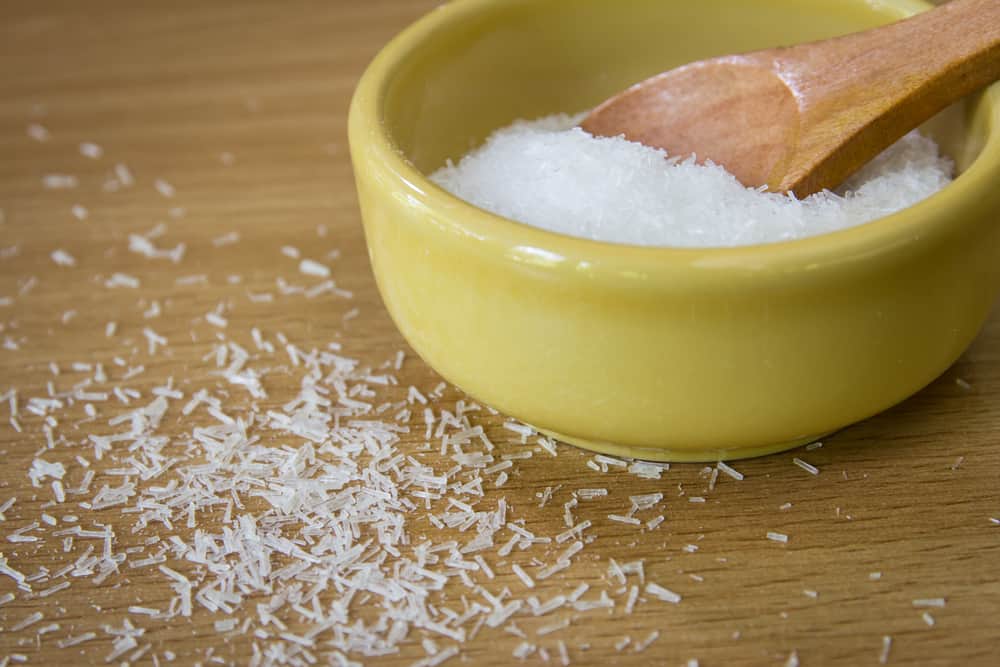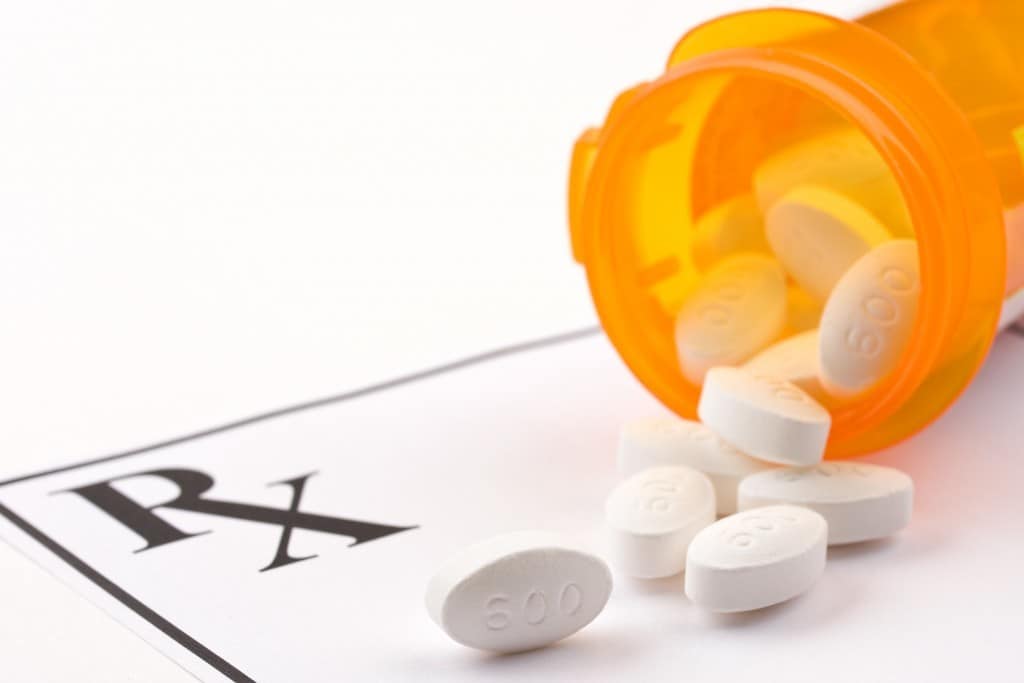Contents:
- Medical Video: Is Nutritional Yeast Healthy for Everyone?
- When was MSG first marketed as a seasoning?
- So actually, MSG is good or bad for health?
Medical Video: Is Nutritional Yeast Healthy for Everyone?
Monosodium glutamate, aka MSG, is one of the most bad news items. MSG or more familiarly known as mecin is claimed to cause addiction and make it stupid. What does the world of health say about the dangers of MSG?
When was MSG first marketed as a seasoning?
MSG has been used as a flavor enhancer ingredient for decades. In the past, MSG was a natural flavoring obtained from seaweed processing. Along with technological developments, MSG is now made from industrial fermentation processes. MSG is added to the dish to produce a savory flavor, similar to glutamate which is produced naturally by fresh food ingredients.
MSG is a flavoring dish made from salt
MSG is a salt molecule that is combined with the amino acid L-glutamate. This salt molecule is used to stabilize the glutamate component. Glutamate contained in amino acids acts as a giver of savory flavor (umami).
You can find amino glutamic acid in almost all food ingredients, especially high protein foods, such as dairy products, red meat and fish, and many vegetables. Other foods often used as natural flavorings, such as mushrooms and tomatoes, also contain high levels of natural glutamate amino acids.
The human body also produces glutamate amino acids and plays an important role in normal body function. In fact, breast milk contains 10 times more glutamate than cow's milk.
Then, why does MSG say bad for health?
The controversy over MSG security began to pick up in the 1960s, when the United States Food Safety Agency (FDA) received many reports of side effects experienced by many visitors to Chinese cuisine restaurants, resulting in the term Chinese Restaurant Syndrome. These people report that they experience headaches, nausea, numbness that radiates from the back of the neck to the entire arm and back, chest tightness, heavy sweating, heart palpitations, and body weakness after eating MSG foods.
Moving forward in the next few years, a medical study published in 2011 in the American Journal of Clinical Nutrition found a link between excessive MSG consumption and an increased risk of obesity in China. China has become one of the countries with the highest consumption of MSG.
Researchers found that individuals who consumed high amounts of MSG (4.2 grams per day) were more susceptible to obesity than people who consumed MSG were still within reasonable limits or even very few (0.4 grams per day).
But what needs to be understood, the group of people with the highest number of MSG consumption also shows an unhealthy lifestyle - smoking, lack of movement / rarely exercise, eating high calorie foods, high fat, and high carbohydrates. Because the research team did not include these factors in their calculations, more other research is needed that could prove that consumption of MSG is a direct cause of obesity and obesity.
More modern studies on the dangers of MSG also found that the reaction of Chinese Restaurant Syndrome as mentioned above is most likely not caused by MSG itself. Reactions that arise are most likely caused by allergies to the accompanying ingredients in these foods, such as shrimp, beans, herbs and other spices.
Although indeed, the researchers acknowledge that the mild symptoms of eating MSG can arise in some sensitive individuals, especially if they consume large amounts of MSG foods on an empty stomach.
So actually, MSG is good or bad for health?
Apart from various reports and anecdotal stories about the dangers of MSG, the FDA has stated MSG as a food ingredient that is "safe to use in general" with the official GRAS label. The FDA decision was also agreed by the World Health Organization (WHO), the Food and Agriculture Organization (FAO), as well as the Indonesian Ministry of Health.
The breakdown of MSG in the body is faster than trans fat. But unlike trans fat, scientific studies that study the dangers of MSG do not find that MSG causes sudden weight gain or sudden loss of consciousness. Dozens of studies and various scientific evaluations have concluded that MSG is a safe flavoring ingredient and useful for cooking.
But actually, MSG treatment is the same as other food ingredients, namely not consumed in excess. One study published by the American Journal of Clinical Nutrition which argues about the dangers of MSG states that the public must remain vigilant about the side effects of health that might occur due to eating MSG and to more wisely manage portions.
For this reason, the FDA asks food producers and restaurants to keep MSG in their product composition list.













